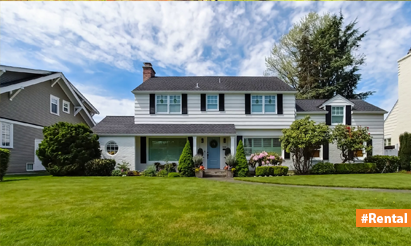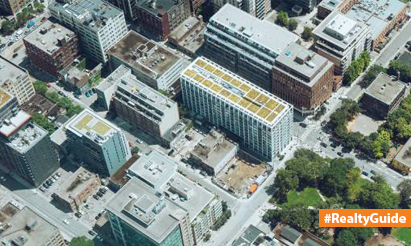All you need to know about security deposits and refund terms
A security deposit is a flat sum of money that tenants pay to their landlord before moving into a new property.
Typically, this cost is required in addition to any generated leasing costs. As the name implies, security deposits are frequently accumulated to provide the owner with a layer of financial security if the renters fail to pay their rent or do any damage to the property during their stay. These deposits are normally refundable, so if the renters keep the assets in good shape, they may expect to get their money back when they move out.
Rules for Refund of security deposits
A security deposit is required to protect the owner’s interest in the event of damage to the property or non-payment of rent. The Model Tenancy Act permits the landlord to collect rent arrears and other repair charges from the security deposit before returning the final deposit when the tenant vacates the property. Through talks, an amount can be agreed upon by both the renter and the owner. This amount must be paid at the start of the contract. And it must be fully reimbursed to the renter at the end of the lease period. A legal condo agreement should be concerned with avoiding any disagreements about the amount to be refunded at the end of the tenancy period.
While you’re living in the apartment, you and your landlord may agree to use your security deposit to pay rent or to repair any damage you or a visitor may have caused. If you and your landlord both follow the rules, your landlord can most effectively use a security deposit in this manner. Put the agreement in writing if you both agree. It should be signaled by both of you. Make a copy.
If nothing else is stated in the condo agreement, the owner will be responsible for all structural repairs, whitewashing, outdoor electric wiring, and other related safety issues as needed. In addition, the renters will be responsible for daily cleaning, drain cleaning, switch and plug maintenance, existing kitchen repairs, replacement of glass windows and doors, garden and open space protection, and normal wear and tear within the residence.
It must be signed by both the tenant and the landlord. The settlement must include the amount of the safety deposit. To be legally binding, this agreement must be recorded at the sub-office. registrars. To avoid disagreements between the renter and the owner, the agreement must clearly state each party’s responsibilities.
Disclaimer: The views expressed above are for informational purposes only based on industry reports and related news stories. PropertyPistol does not guarantee the accuracy, completeness, or reliability of the information and shall not be held responsible for any action taken based on the published information.




